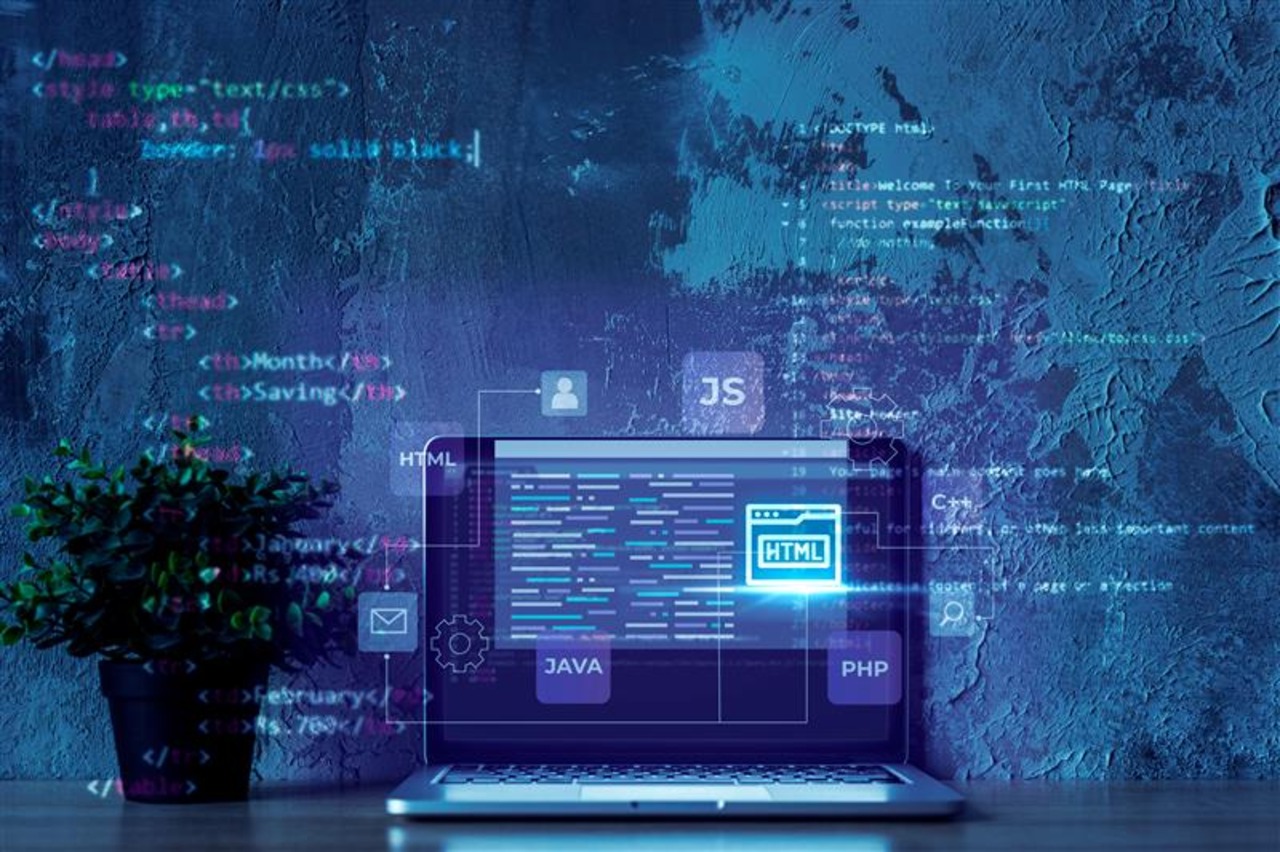For years, technology has improved the education industry. This, in turn, has helped to develop the entire human race. Our classrooms are now digital, with screens, projectors, and other technology. Bloomberg terminals are used for financial and equity education, as well as advanced labs for computer programming. The technology was a necessity, as students learn more through doing than listening or watching. The educational institutions charge technology fees or infrastructure charges to build the high-class infrastructure required for better learning.
Researchers can share their knowledge and ideas on specific topics with anyone in the world through the Internet and online resources. Massive Open Online Courses have created a whole new world of information. MOOCs are being launched by top universities and professors from around the globe. This is a good example of democratizing the education system, which benefits humanity in general. Many startups in the Edu Tech sector are working on similar goals.
This creates an enormous amount of data about lectures, content, and videos. The students can get lost in the seas of information. They need assistance in evaluating and analyzing the information, as well as determining its authenticity and validity. The adoption of technology and the upgrading of the teaching staff are the main challenges. To remain relevant, they need to acquire new technical skills.
Most developed nations have already implemented the things we’ve discussed, but developing countries are still far behind.
In the fourth industrial revolution, we have seen new technologies such as Virtual Reality, Augmented Reality (IoT), Machine learning, and Artificial Intelligence. Blockchain is also a part of this. They will completely transform almost all industries, including the education industry. Virtual reality and augmented reality will help to take experiential learning to a whole new level. Many apps are already available.
Machine Learning can help personalize the learning of each student and redesign the assessments. Artificial intelligence will help track the mental steps that a student takes to approach a particular problem. It can then modify feedback, exercises, explanations, and interventions to promote self-regulation, self-monitoring, and self-explanation.
Algorithms help cluster students based on how they learn and evaluate the results. Natural Language Processing (NLP) and Deep Learning chatbots can answer students’ common questions. AI can free up teachers to spend more time with students and help them solve personal issues and misconceptions.
Advanced Machine Learning, using Text Mining and Computer Vision, can also be used to evaluate answer sheets that are written in free-form text. This does not imply that AI will replace the teachers. Teachers will continue to be needed to meet the individual needs of each student.
Machine Learning can predict a student’s strengths and weaknesses in a particular subject as well as their learning pace and level of understanding. The analysis of their test scores and worksheets, their interactions, and their course helps create a unique and customized learning path that is fun and engaging. AI can help with tasks like tutoring and grading. It also helps to give individual feedback. AI can be used in many different ways to improve the education system. Intelligent Tutoring System is one of the most widely used and accepted AI systems.
Artificial intelligence can also analyze data from teachers (subjects, content, evaluation criteria, etc.). The feedback can be used to improve the teaching process. Teachers can use the feedback to improve their teaching.
AI can also help predict the career paths of students, which is a very sensitive and complex decision. It takes into account all factors, including the profession of parents, the market trends, and the highest-paid jobs. It does not consider the student’s interests, behavior, likes and dislikes, aptitude, etc. AI can use all of these factors to predict the best career path for a student.
AI and Machine Learning have the potential to make a huge impact on education. It can be used to find solutions for the many problems that were present in the education sector but were ignored. It can revolutionize education by using past data to make better and data-driven decisions.




